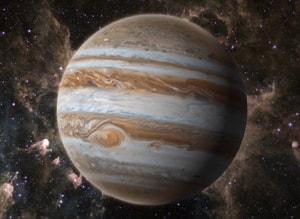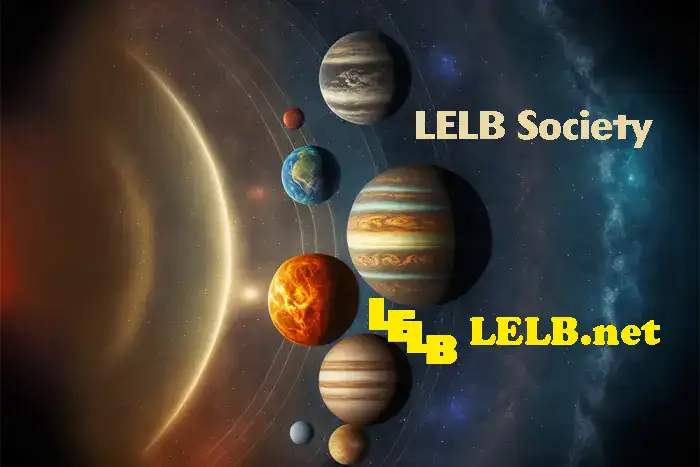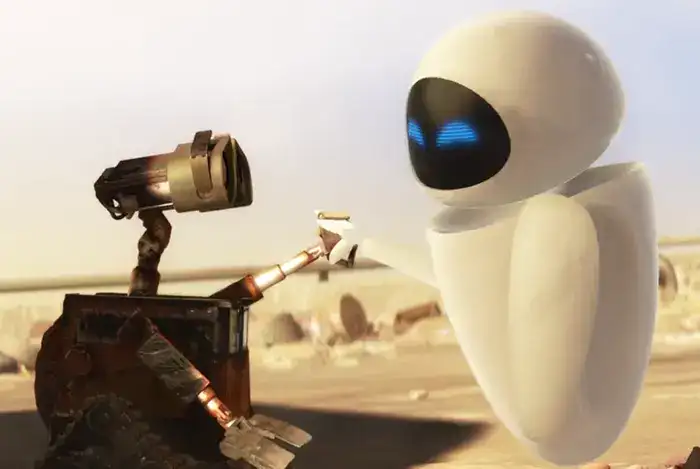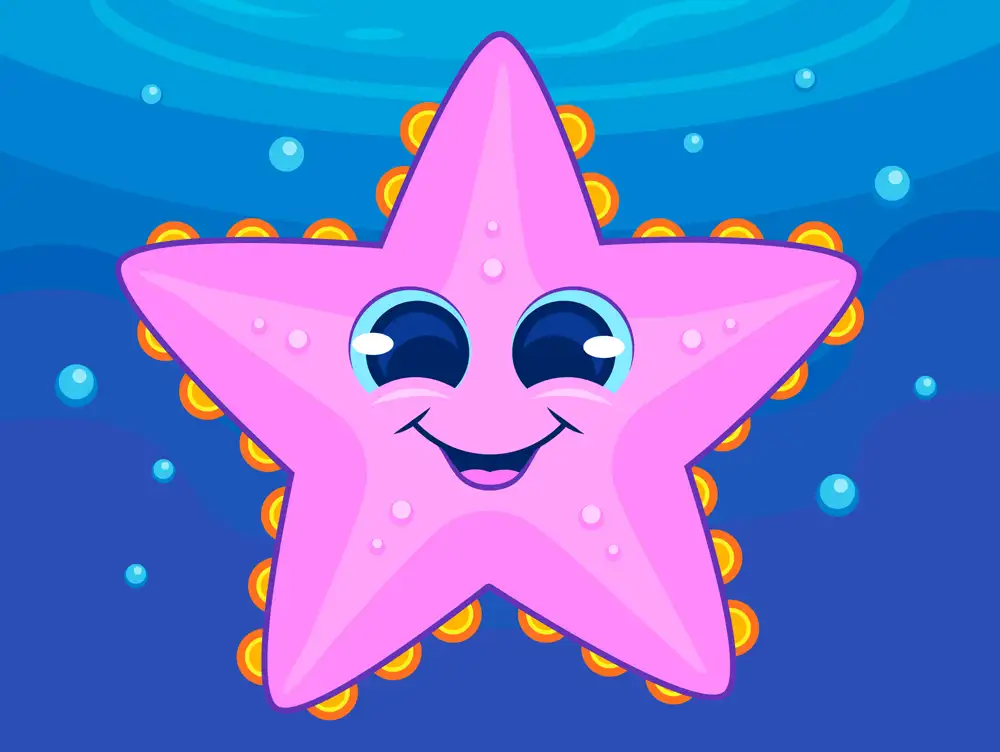Practice Reading & Listening on Jupiter
Practice Reading & Listening on Jupiter for IELTS & TOEFL with authentic materials, illustrated flashcards and text-to-speech from National Geographic YouTube Channel transcribed by Hajar Aziz Zanjani
Born from primordial stardust, 4.5 billion years ago, Jupiter was the solar system’s first planet, and much like its namesake, the king of the ancient Roman gods, Jupiter was destined for greatness.
Jupiter in the solar system
Jupiter is the fifth planet from the sun and the largest planet in the solar system. At approximately 11 earths wide, Jupiter has twice the amount of mass as the other planets put together. But unlike earth and three other terrestrial planets, Jupiter has no solid surface. It may not even have a traditionally solid core. Rather, this giant planet may have a dense liquid center surrounded by a worldwide ocean of hydrogen and helium gasses.
Jupiter’s atmosphere
Jupiter’s gassiest composition can be observed in its atmosphere. About 44 miles thick, the atmosphere is a canvas of stripes and storms churning across the giant planet. Their colors range between shades of whites, yellows, browns and reds, all caused by the different chemical make up of each area.
The Great Red Spot
Probably the most iconic feature of Jupiter is a crimson brown storm that’s been raging for over 300 years, the Great Red Spot. It’s a giant swirling collection of clouds with wind speeds of up to 400 miles per hour, at least two and a half times faster than category five hurricanes.
Jupiter’s moons
Floating hundreds of miles above the storms of Jupiter are about 79 moons, the most of the eight known planets. The four largest moons were discovered by Galileo in 1610. Called the Galilean Satellites, they include: Io, the most volcanically active celestial body in the solar system; Ganymede, the solar system’s largest moon even larger than the planet Mercury; and Calisto and Europa, which along with Ganymede, may contain oceans of liquid water underneath their crusts.
Gravitational pull
Jupiter’s large collection of moons is only made possible by the planet’s massive size and gravitational pull, the strongest of all the planets in the solar system. This incredible gravity also influence the sizes of the seven other planets. During the solar system’s earliest days, Jupiter, being the first planet to form, attracted and destroyed space debris that would’ve helped the other planets grow in size. Today, that force may serve as a shield by attracting comets and asteroids onto Jupiter’s own surface, preventing them from crashing onto inner planets, like Earth.
Apart from the sun, Jupiter has become the dominant figure in the solar system, thereby earning its place at the top of the planetary heap as king.




I see no difference between them. I prefer somewhere like earth or better than that that living creatures especially human can live and thrive.
There’s no doubt that every single one of them is salient and really important. This is just a matter of personal preferences. I personally like Neptune and Saturn equally well. They’re so mysterious to me, especially Neptune, the farthest planet in the solar system with its mesmerizing color.
Planet Uranus is one of my hatest planets in solar system.
The size of it make me scare.
I did not understand it when you said ‘hatest’. Did you mean you hate this planet more than others, or this is the most repulsive planet of all?
Your sentence is also ambiguous from another viewpoint. You know Jupiter is even larger than Uranus.
There are eight planets in our solar system. Except for our home, earth, what is your favorite planet, and why do you like this planet?
I really like the planet Uranus. Because of its color. I also really like its name. To me, it is kind of a beautiful euphony name.
Interesting! Now that you like this planet so much, we can study this documentary on Uranus for the next session after this one:
https://lelb.net/english-documentary-on-uranus-with-transcript/
There is no comment from you on this documentary. It must mean that it’s not been assigned to you yet. Please correct me if I’m wrong.
Hello Dr.Hriri.
No we haven’t studied this documantry yet.
Hi Armaghan,
Thank you for your prompt response.
Alright then. This documentary on Uranus with the above link is assigned for 2 sessions later.